Culture and communication featured research
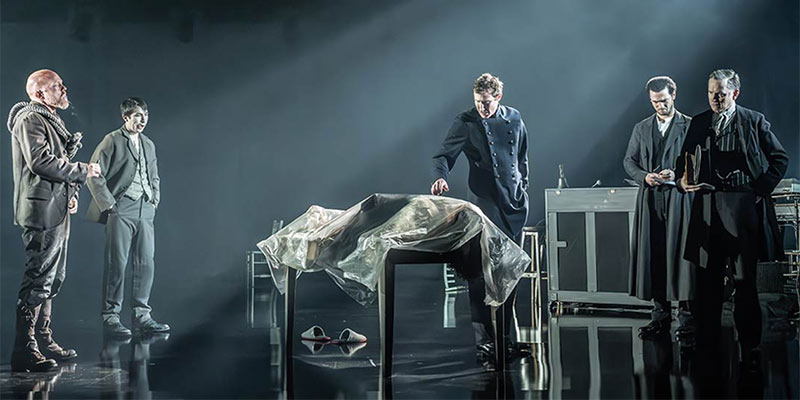
Professor John Bowen, a world expert on Charles Dickens, has been working with actors, writers, and directors in Stratford and London to help shape their understanding of Dickens’s life and composition process when performing adaptations of his novels.

Dr Lauren Working’s research presents ground-breaking new perspectives on how the Americas permeated Tudor and Stuart art and literature.

Led by Dr Hannah Roche (University of York) and Professor Katherine Mullin (University of Leeds), Coercive Control: From Literature into Law is the first interdisciplinary project to investigate the relationship between imaginative writing and the law of coercive control.

A research project needed to spot trees on historic ordnance survey maps, so colleagues in computer science found a solution.

We’re using gaming technology to ensure prospective teachers are fully prepared for their careers.

Research by experts at York is engaging teachers and students with the latest developments in linguistics, helping to build confidence, enhance results and inspire ambitions.
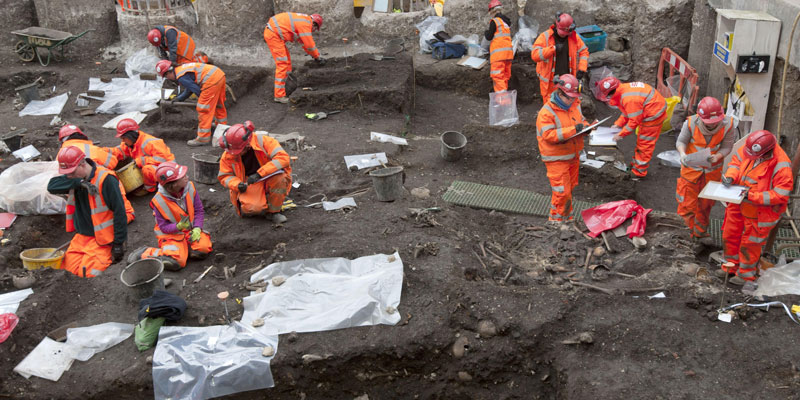
In 1996 a team in the Department of Archaeology established the Archaeology Data Service (ADS), an internationally recognised digital archive.

The Hepworth Research Network focuses on the materials Barbara Hepworth used in her artworks.
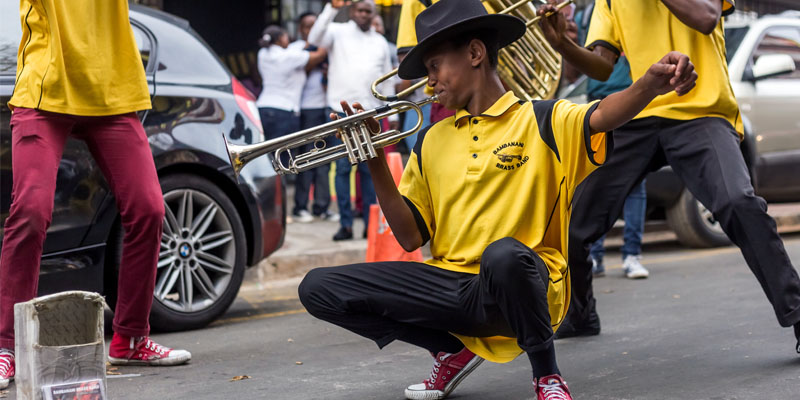
We're archiving the rich musical heritage of South African jazz.

Animals can recognise numbers, but only humans can do maths.

Córdoba's household waste tells a fascinating tale of history's forgotten people (podcast starts 24:19).

Social media ‘likes’ change the way we feel about our memories, new research suggests.

Early lawyers wrote on sheepskin parchment because it helped prevent fraud, new analysis shows.

Our researchers are reinterpreting the history of 200 monuments at St Paul's Cathedral.

Nathan Townsend discusses Channel 4's arrival in Leeds and the turning tide of London-centrism in UK screen industries.

Our research is now used by some of the internet’s biggest names to provide the most realistic 3D audio.

A fascinating study providing comfort in turbulent political times.

A fascinating set of books from the English civil war and commonwealth period is being added to the rare books collection.

Research aims to test how audiences react to the concert experience

Our researchers are working to make film more accessible for the visually impaired.

The story of the launch of the UK’s Welfare State.

Research by archaeologists at York could challenge understanding of social mobility among our earliest ancestors

Academic teamwork solved the mystery of a rare Stone Age find

Our research probes the growing popularity of pilgrimage

From ornate grottos to burning mirrors, we trace the roots of Renaissance gardening

A Shakespearean tale in the digital age

Preserving punk artwork

What to save and what to skip?

Russian and Soviet attitudes to the environment have been misunderstood, say our experts

New book tells a tale of everyday ancient Egyptians

Our historians turn detective to recreate St Stephen's Chapel

Beautifully crafted combs offer intriguing clues to Norse identity

Research highlights the critical role of parent-child communication

A journey through the late 19th century by bike

The direction we look in could influence gut feelings about trust

Bringing historic voices to life with cutting-edge electronics

Delving into our dark fascination with crime

Cave art brought out the caring side of our ancient ancestors.

Protein analysis pinpoints the origins of ancient South American mammals

Improving the interview skills of Jobcentre Plus advisers.

Study reveals that mummification began 1500 years earlier than thought.

Sensational archaeological finds at a peat-filled Mesolithic site.

A quick glance determines whether we think someone is trustworthy, dominant or attractive.

Our experts in speech analysis are in demand in court rooms around the world.

Re-writing the history of Stonehenge.
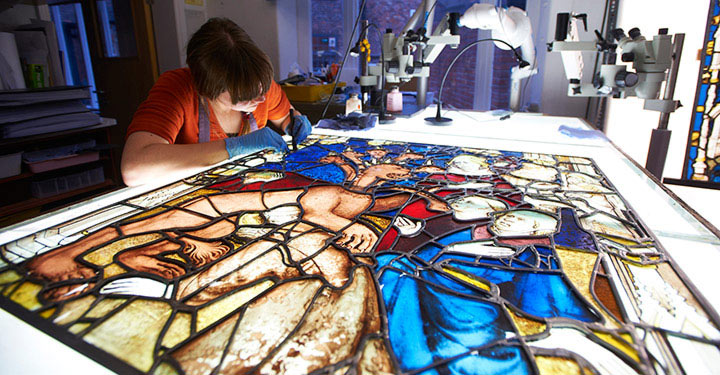
Restoring York Minster's stained glass and stone work masterpiece.
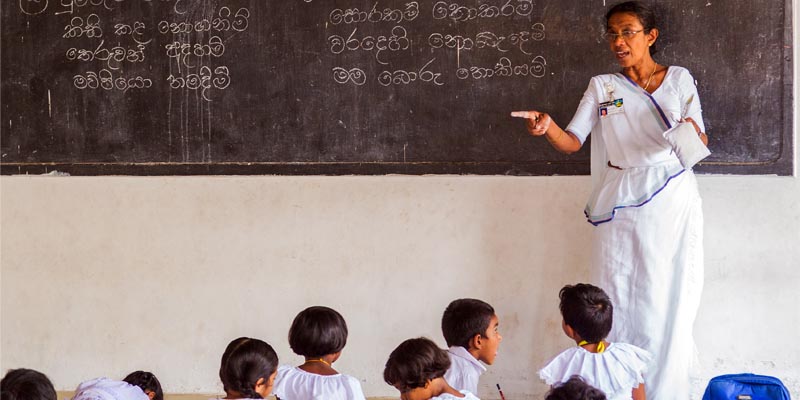
Students with learning difficulties can be at a serious disadvantage if their condition is not recognised. In Sri Lanka teachers aren’t trained to spot the symptoms of their students’ learning difficulties but our researchers are helping to change this.

The standard accents of English in the UK and other countries are generally regarded very positively, associated with traits such as intelligence, competence, reliability and industriousness, while non-standard accents are often not thought of so favourably. Our research investigates the impact these different perceptions may have on UK applicants’ access to employment in the elite occupations, in particular in the legal profession.
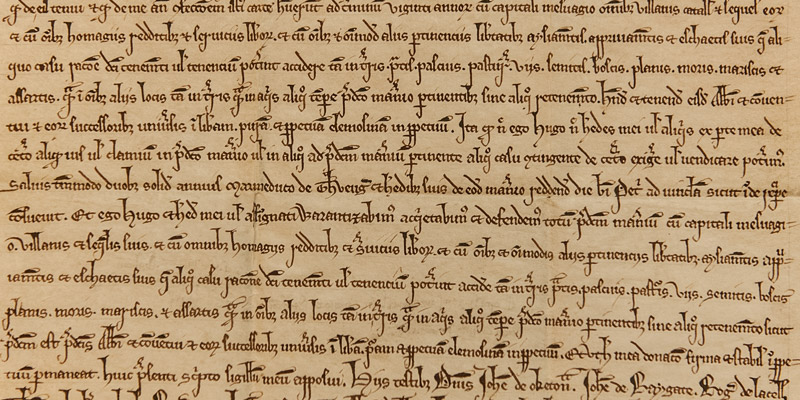
The England's Immigrants project has made archival material of England's medieval migrants freely available through a new online database.
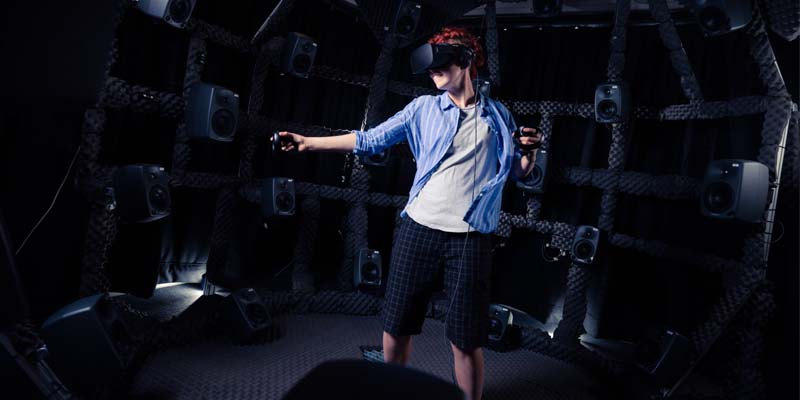
Immersive virtual and augmented reality experiences rely on 3D sound through headphones that is as close to real life as possible. This project looks at research undertaken at the AudioLab in collaboration with Google, which has set the global benchmark in binaural surround sound for virtual reality.
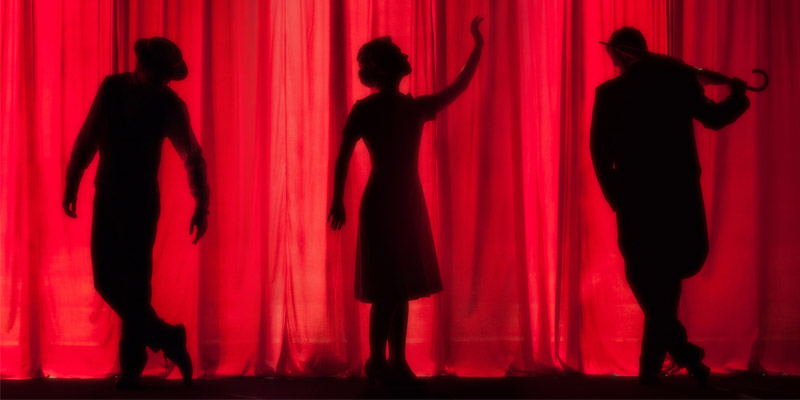
Providing the finest quality sound to an audience is a challenge. Particularly if the audience doesn't stay in one place.
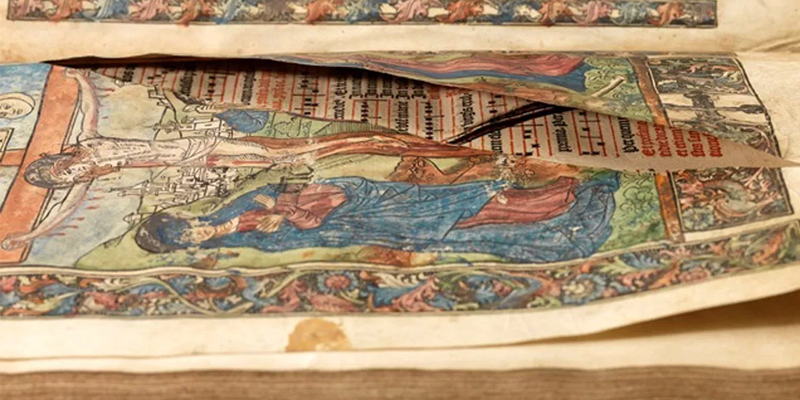
Researchers in the Department of English and Related Literature investigated how the Reformation was remembered, forgotten, contested and re-invented.
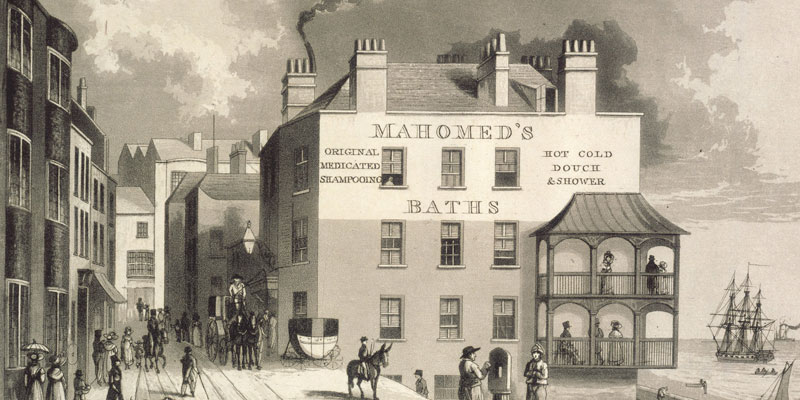
Dr Claire Chambers is a leading voice in the field of Muslim literary studies.
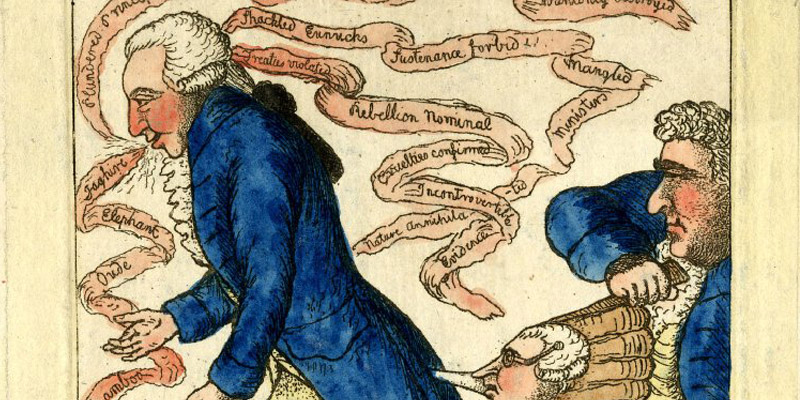
We are influencing the debate on restoration and renewal of the Palace of Westminster, while enriching Parliamentary and public understanding of the origins of the House of Commons.

Most of us would agree that we can recognise a spoken threat when we hear one, and believe that we can judge whether the speaker intended an otherwise innocuously-worded phrase like "I know where you live" to be interpreted as a threat. But from an objective linguistic point of view, what does it mean to say that someone is using a ‘threatening tone of voice’?
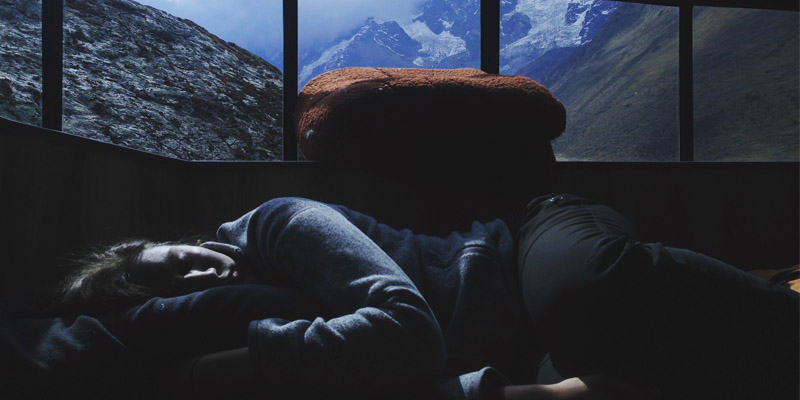
Teenagers’ body clocks are often poorly aligned to the school day, meaning that their ability to learn and retain information is compromised. Researchers are working on ways of shifting sleep patterns of adolescents to enhance memory.

The South African jazz scene is one of the most active in the world, but decades of political upheaval means that its history is largely undocumented - and even young South African musicians aren't aware of its influence. Our research has created a permanent archive to ensure this rich musical heritage can be appreciated by everyone.
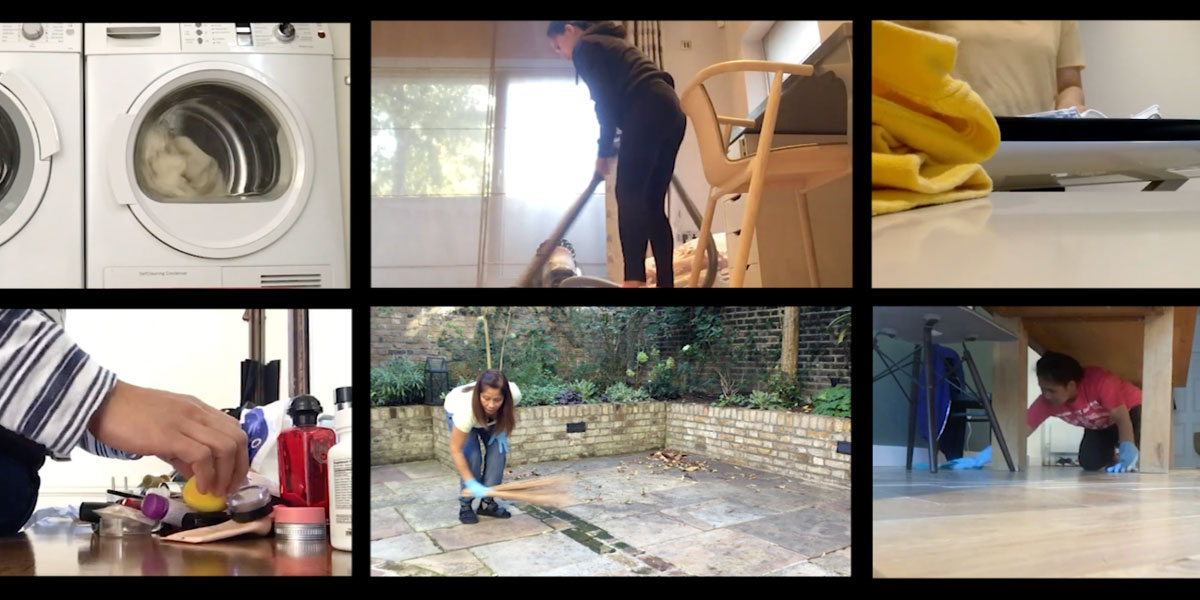
Migrant domestic workers are one of the most vulnerable and invisible groups of workers in the UK. Our participatory video project and associated exhibitions have helped them to articulate their needs to politicians and public audiences.

Professor John Bowen's research has palpably changed the conventional view of Charles Dickens and his work.
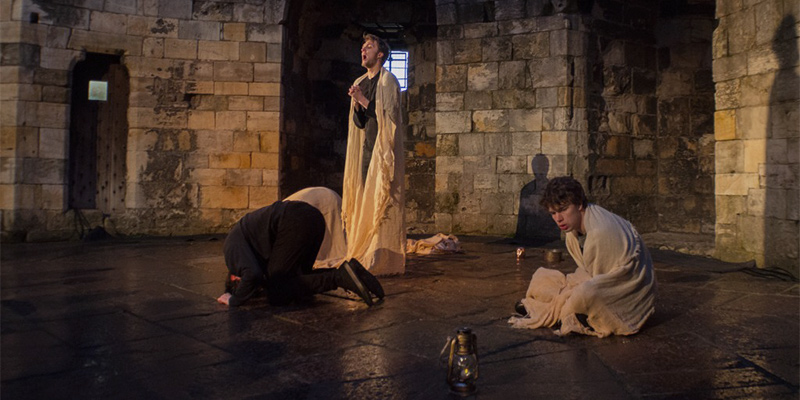
Researchers at York are working with arts organisations to bring a remarkable collection of scripts, texts and plays composed by prisoners in a World War II Jewish Ghetto to new international audiences.
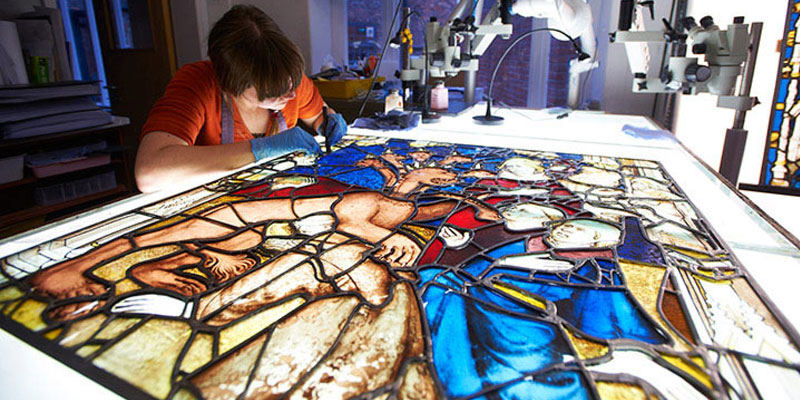
Research by art historians at York has underpinned, shaped and enabled the conservation interpretation of the Great East Window of York Minster.
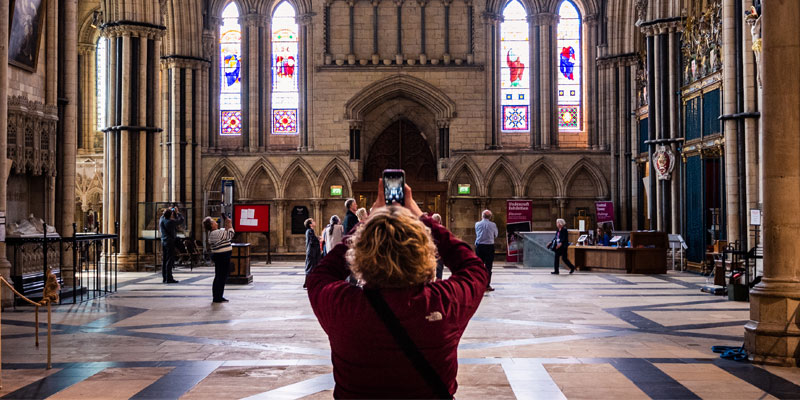
Our research has changed national and institutional policy for heritage management and enhanced public engagement with English cathedrals and other sacred sites.

Star Carr is internationally renowned in the archaeological world but was relatively unknown in the public sphere. Research at York enhanced the preservation and raised the status of this important site, securing its position on Historic England's Schedule of Monuments.

Our insights from conversation analysis have helped doctors, nurses and medical students support patients in making choices about their treatment in the NHS and across the world.

Our researchers are working in secondary schools to combat stigma against mental illness.

The Gemeentemuseum Den Haag is one of the best known museums of modern art in the world and our research has been instrumental to the characterisation of their De Stijl display.
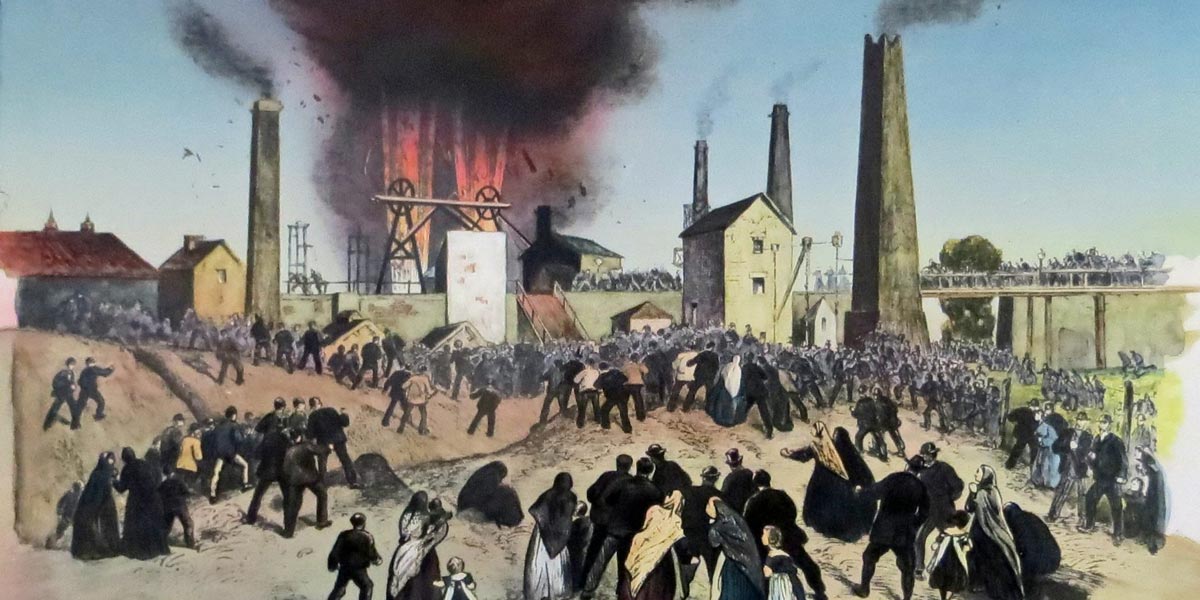
The worst industrial disaster of the 19th century was all but forgotten as its 150th anniversary approached. Our research produced a film that raised awareness locally, nationally and internationally, helping to create a local memorial and the National Workplace Day of Remembrance.

Our computer scientists are helping primary school children learn foreign languages with the help of digital games developed with digital and education researchers from the Universities of York and Reading.
